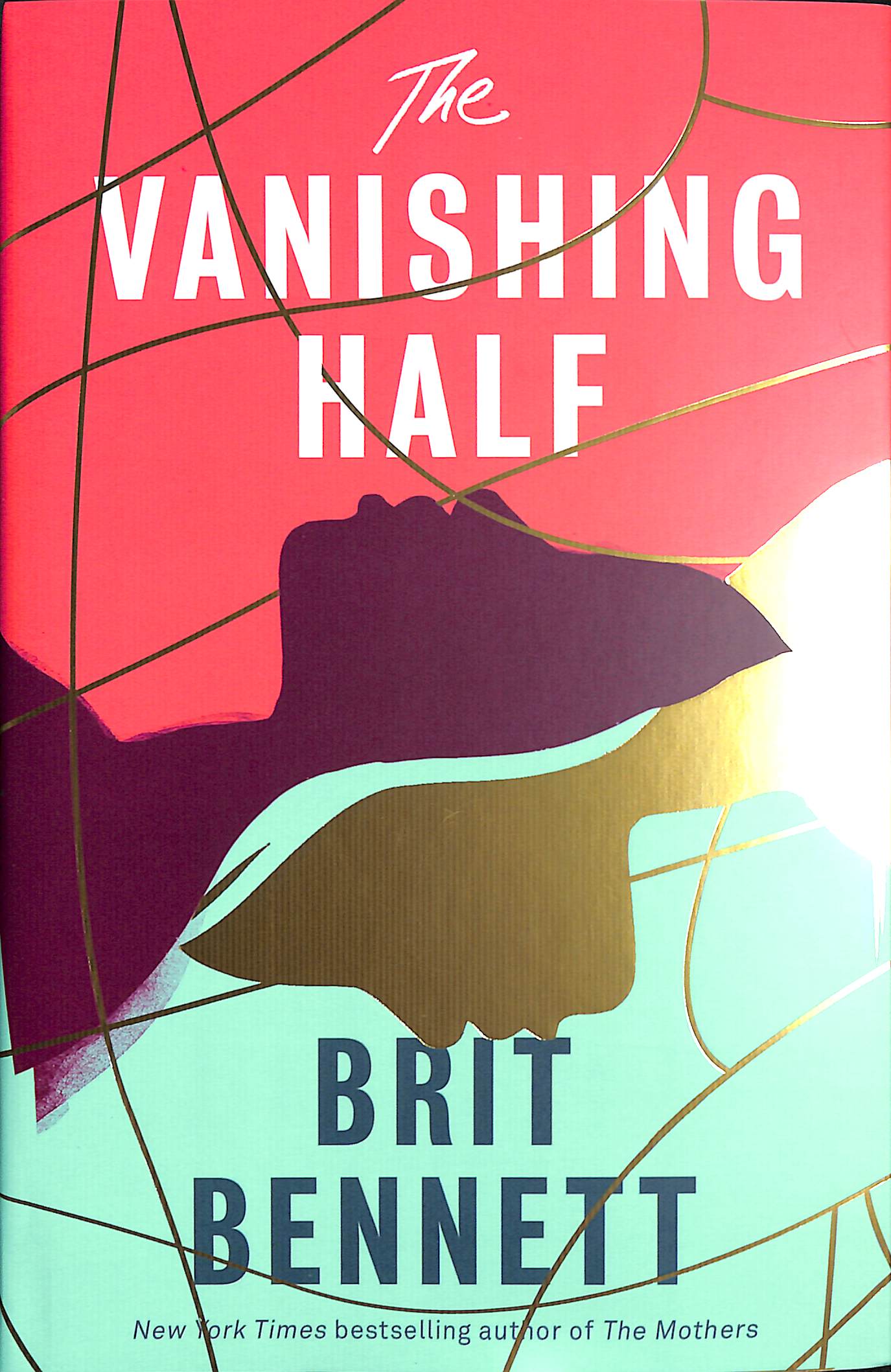

What does it even mean ‘to pass’? If we consider these categories to be unstable or inherently unclear or fluid.” “We think about identity categories now with much more fluidity. But she was coming at it with fresh eyes: “I was writing from the perspective of a 21st century, 30-year-old person,” she says.

She asked herself: “Should a character be punished for slipping into this social category that too is a construct?”īennett knew that she was writing into a storied literary tradition - memoirs, novels, screenplays and scholarly works that explore entire branches of families that vanished into ether and out of memory. More compelling, Bennett observes, the transgression redefines the category of whiteness as being “precious” and that by “sort of stealing it” you deserve to be punished. I didn’t even find it an interesting moral question.” I had no interest in the question: Is Stella right or wrong? That wasn’t interesting to me aesthetically. One of the ways that I wanted to deviate from that was I didn’t want to write a moralizing story. “It’s a melodrama, and there is also a sense of punishment in the film. “I think it’s an entry point for a lot of us, certainly, a canonical film about passing. “The foundational text for me as a kid was ‘Imitation of Life,’” Bennett said, referring to a movie adaption of Fannie Hurst’s 1933 novel. The language of passing is one steeped in metaphors: And too it trails with it a whiff of antiquity -”crossing over,” “passe blanc,” “gone over.” Bennett wanted to explore this exercise in euphemism - these spiritual deaths and rebirths -as she teased out the notion of passing as a trope. 25 for a virtual meet-up, knew immediately that her mother’s story was the doorway to a larger story she wanted to explore. It was very specific and very disturbing.”īennett, who joins the Los Angeles Times Book Club Aug. “It stuck with me, I think, because it was a very different way to think about skin color and an attempt to genetically engineer your population. “So I’d never imagined a town like this,” she says. Her mother was born and raised in rural Louisiana in a small town named Palmetto, while Bennett grew up in Oceanside in San Diego County. That single sentence became the foundation for Bennett’s new book, “The Vanishing Half,” a novel that has topped bestseller lists this summer and spurred a Hollywood bidding war. Next, twin sisters and a Louisiana landscape sprouted, then filled in.

“And I was like: ‘Wait! Go back to that.’”Ĭaptivated, Bennett pulled out her phone and jotted down one sentence. “She brought it up the way parents often do, like it’s something everybody knew … that there were towns where people would intermarry so that their children would get lighter with each generation,” Bennett recalls. There was one story too good to let slip by. Novelist Brit Bennett remembers the day her mother began reeling off stories from her Southern past.


 0 kommentar(er)
0 kommentar(er)
